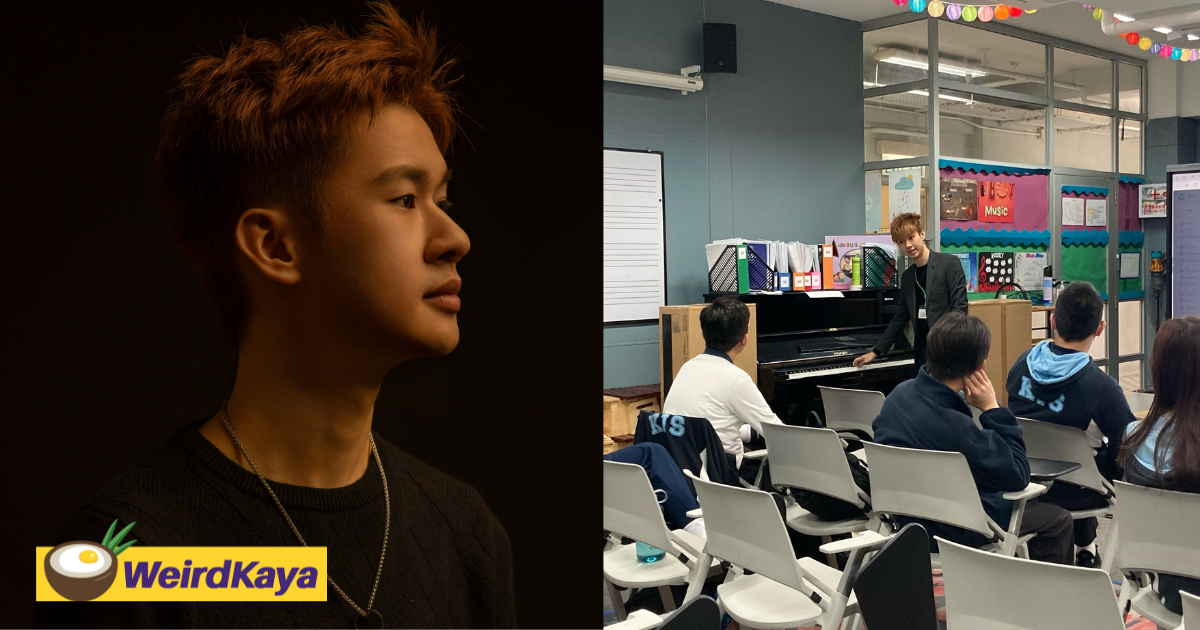Exclusive Story by WeirdKaya- Proper accreditation to WeirdKaya and consent from the interviewee are required.
When the credits roll at the end of a film, most people leave the cinema.
But for Malaysian composer, orchestrator, and music copyist Wesley Wong Kok Leong, those few seconds on screen represent years of late nights, tight deadlines, and sacrifices few people ever see.
Growing up in Kuantan, Pahang, Wesley didn’t have the spotlight on him. But at just 14 years old, he started a journey that would one day carry his name across films like ‘NeZha 2’, ‘The Goldfinger’, ‘I Did It My Way’, and ‘Home Sweet Home’.
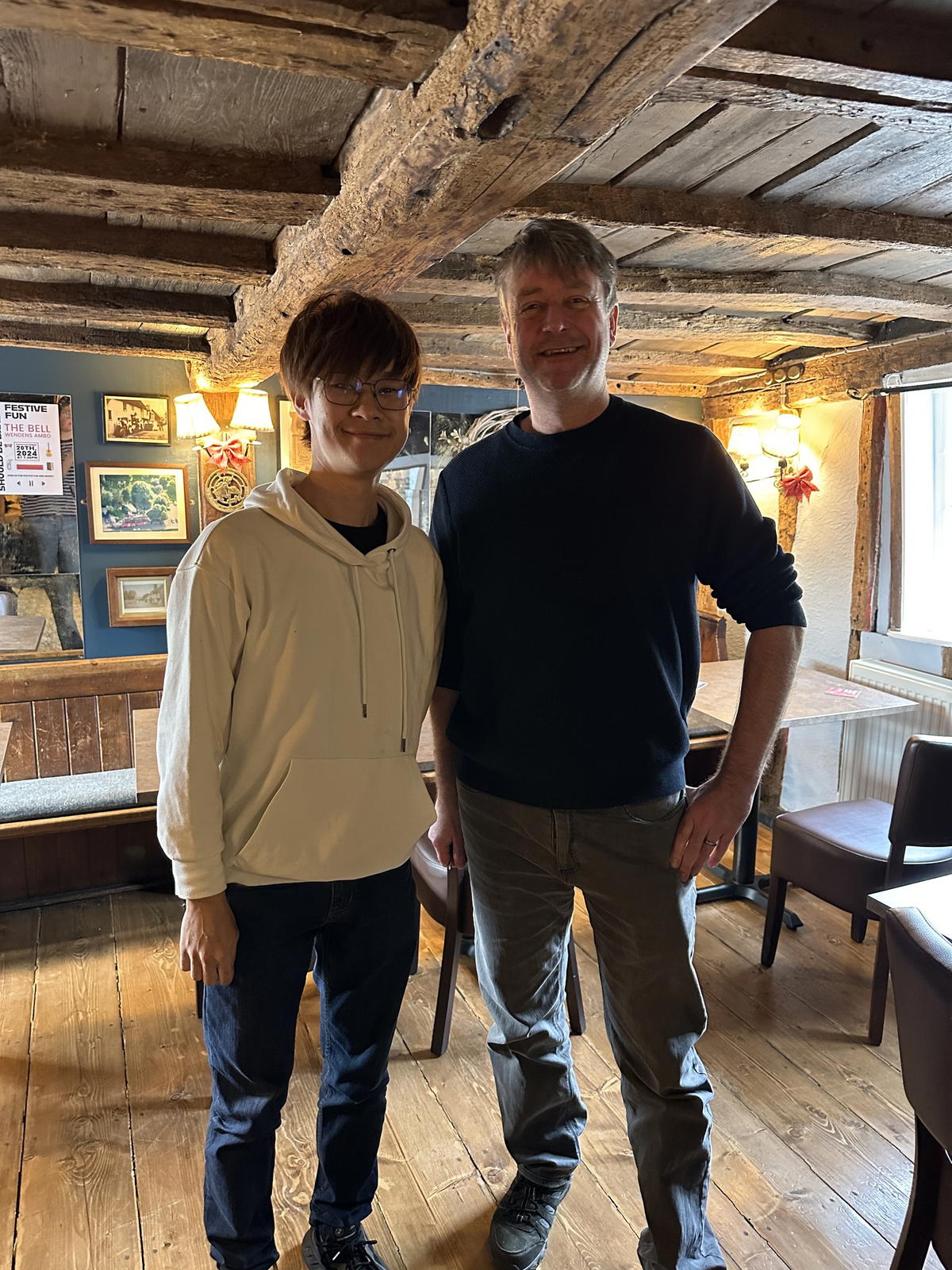
He remembers what first drew him to music:
“Because I love writing themes, John Williams’ melodies have always caught my attention. A theme is very important to any medium, it helps the audience to link up after they finish watching a film or playing a game. Not only that, I am also always learning his orchestration choices in his own compositions.”
Education and mentorship
Wesley studied music composition at the Malaysian Institute of Art (MIA) under Yuan Leow Yunn before earning a Master’s Degree in Orchestration for Film, TV, and Games at the University of Chichester.
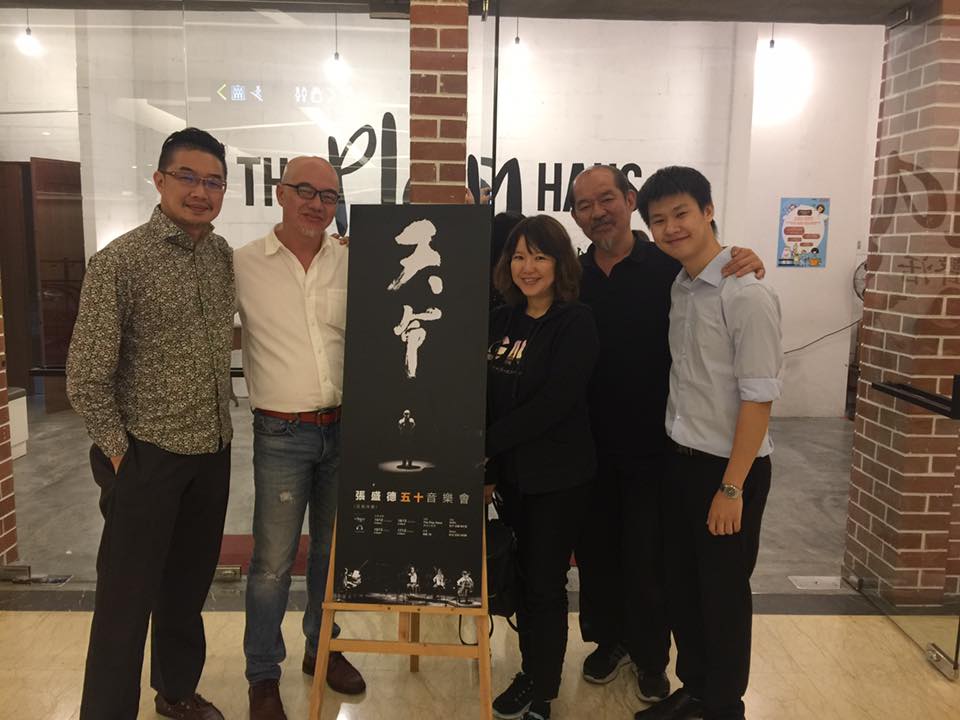
Along the way, he met industry veterans like Conrad Pope, David Butterworth, Johannes Vogel, Jason Hayes, Day Tai, and Elliot Leung, people he once admired from afar who would go on to guide and encourage him.
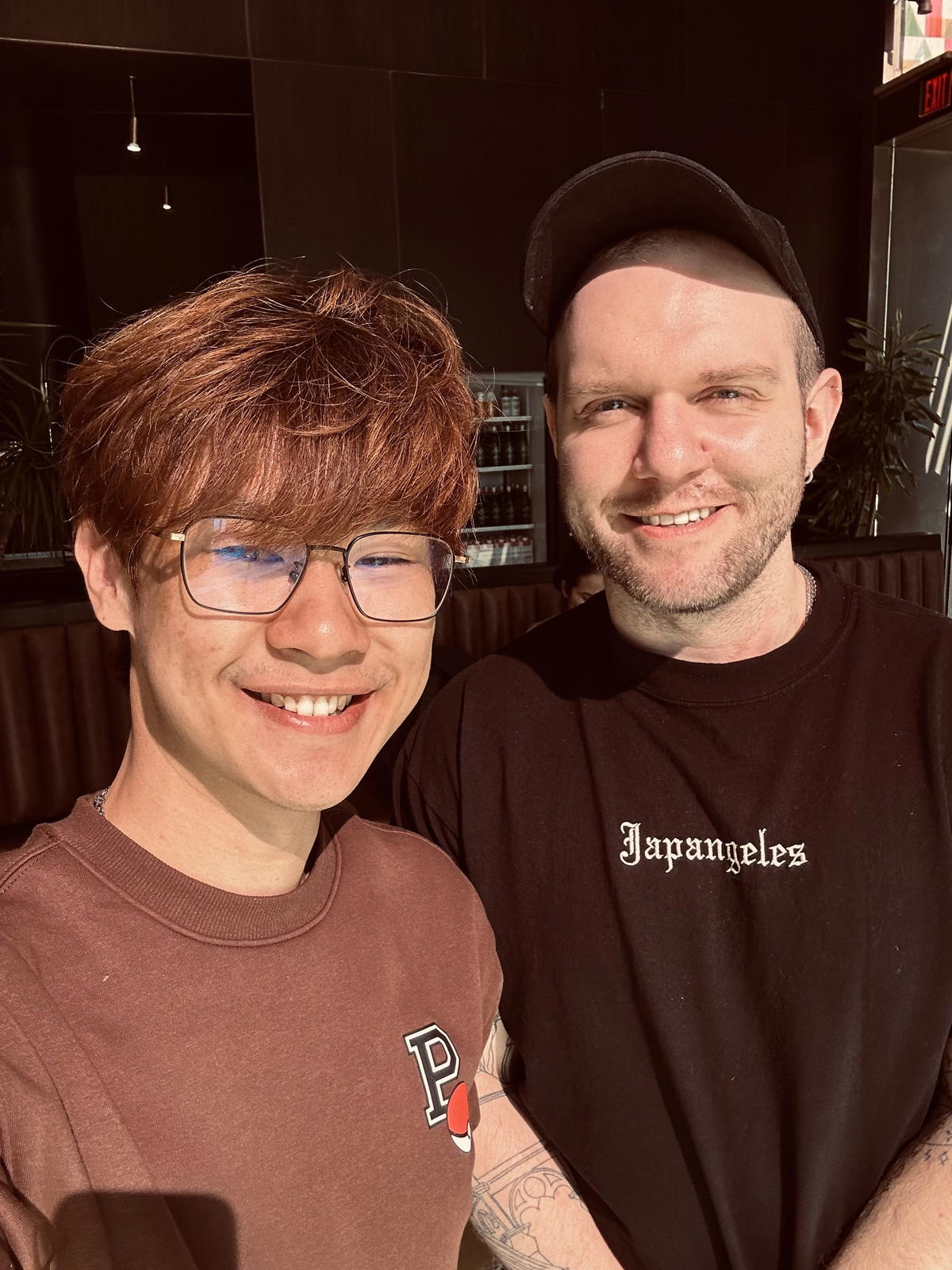
One mentor warned him early about what lay ahead: that the career demanded artistic excellence, fast turnaround times, and the ability to survive under pressure. Wesley agrees, it takes persistence, hard work, and teamwork to endure in this field.
Breaking into international projects
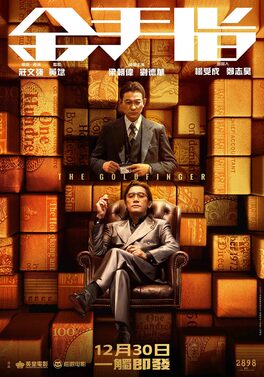


As his career grew, Wesley collaborated with composers from Hong Kong, China, the US, the UK, and Italy.
He explained the three main roles clearly:
- Composer: Creates the music and structure.
- Orchestrator: Arranges the music for the ensemble, whether it’s a string quartet or a full orchestra.
- Music copyist: Prepares the sheet music so musicians can record without issues.
These positions, Wesley added, only exist when budgets allow; otherwise, composers often handle everything themselves.
Crossing borders brought new challenges: different time zones, working habits, and music styles.
“After a few days of collaboration, I’m very flexible and easily adapt to their workflow,” he said. “I just have to always be equipped myself, be ready to accept challenges anytime.”
Realities behind the music

Behind the glamour of big-screen credits were countless unseen sacrifices.
For this industry, we do not have a regular time such as working from 9am to 5pm. When we are rushing to a deadline, we have to work overtime and make sure everything is delivered on time. The only holiday is when you end your projects. That being said, whether it’s a holiday or not, you decide for yourself.”
People outside the industry often didn’t understand the demands, leaving him feeling isolated.
“You just have to be stronger and get used to working alone for most of the time. Even family time slips away as schedules rarely align, and financially, this industry is not stable at all,” he conceded.
Moments of doubt, sparks of hope
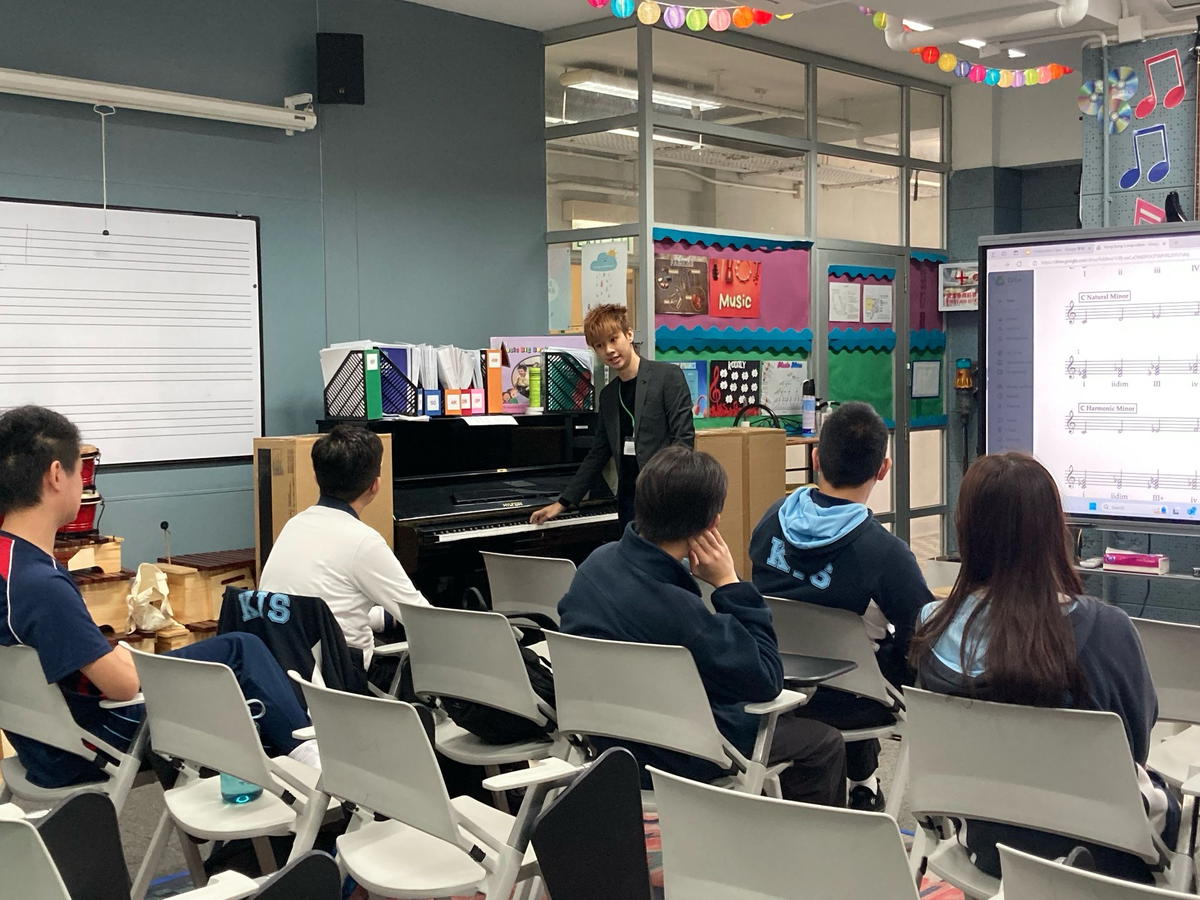
While there were times when everything felt overwhelming, there were also small sparks that kept Wesley going.
Feedback from strangers and friends reminded him that his work mattered and gave him the push to keep going.
Meeting his music idols and veterans in the field gave him new energy to continue chasing his dream. Through it all, he stayed grateful for the mentors and friends who supported him when things got tough.
Wesley also shared that rejection became part of the learning curve, with clients telling him his style didn’t match their brief or project, so he would communicate with them, understand their needs better, and revise until they were satisfied.
Over time, he came to appreciate these moments because they pushed him to improve his work even further.
Wesley added that some projects came with almost no time to prepare, leaving him scrambling into action.
“I still remember my first time, there was one really last-minute project, where we needed to prepare a score for a live recording for a String Ensemble in two to three hours.
“From there, I learned that small projects can open big doors, while even large productions can be filled with chaos.”
At film screenings, Wesley often pays attention to the audience, watching how they react to certain scenes and moments. These observations give him insight into what works emotionally and help guide his approach for future projects.
Looking ahead
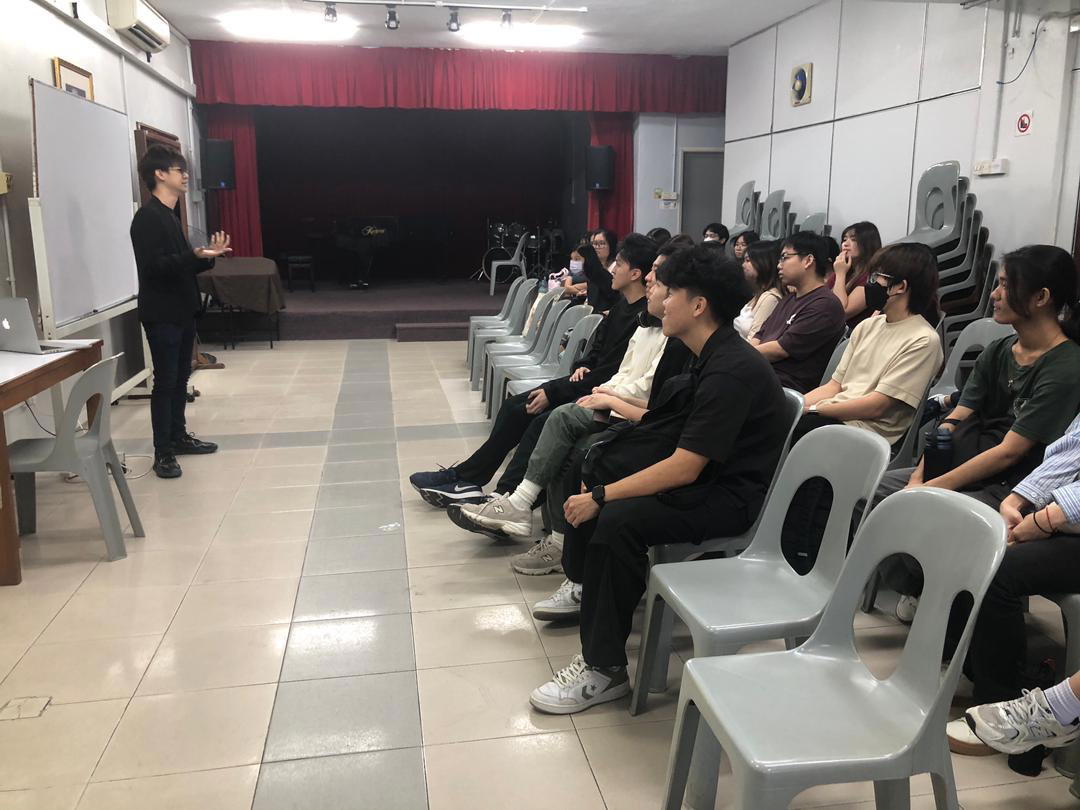
If he weren’t writing music, Wesley believes he would still be telling stories.
“I think I’d probably be a writer or filmmaker. Still storytelling, but just with a different toolkit.”
On what he hopes his work will mean to others, he says:
Years from now, when someone mentions WesleyWKL, I hope my music brings back a feeling; whether it’s comfort, nostalgia, strength, or simply a moment of connection. I hope it becomes something that accompanies them through a certain period of their life, like a quiet companion in the background.
“If my music could mean something to someone, even in a small way, that would be the greatest legacy.”
Looking back now, Wesley wishes he could reassure his younger self who once doubted the path ahead:
“Be patient with yourself. Nothing in nature blooms all year. Keep doing what you are doing right now, and be more hardworking. I’m sure you are capable of any challenges. Don’t worry.”
Exclusive Story by WeirdKaya – If you wish to reproduce this story, please ensure that you obtain consent from the interviewee to maintain factual accuracy and avoid the potential spread of misleading information.
If referencing or using any information from our story, we kindly ask that proper credit is given, along with a backlink to WeirdKaya, as acknowledgment of the efforts made by our editors in sourcing and conducting interviews.


